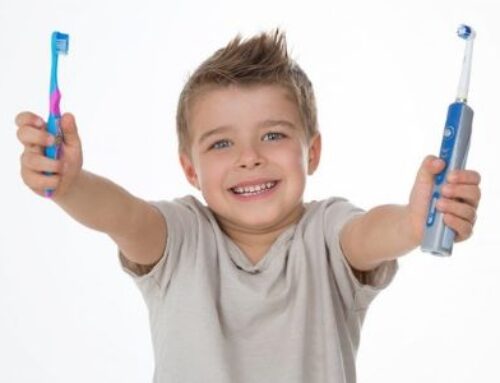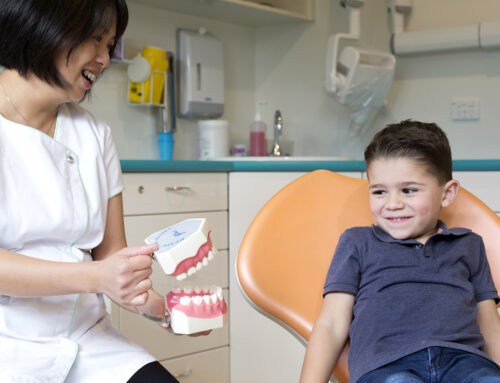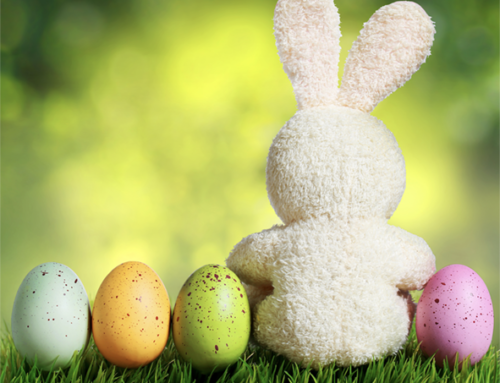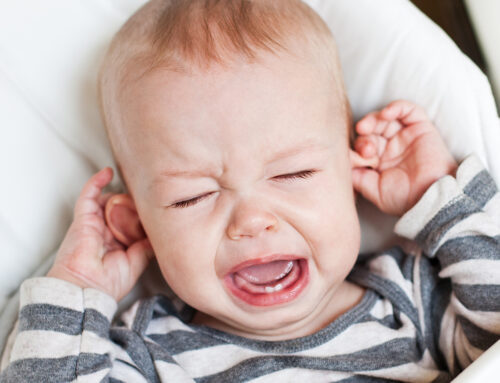What are the 6 year old molars?
The first adult molar erupts between 6-7 years of age, commonly termed the “6 year old molar” or “first molars” and they represent new growth, meaning they don’t replace any baby teeth. These first molars help to determine the shape of the lower face and affect the position and health of the other permanent teeth.
They sit right behind the last baby tooth. As they start to erupt your child may experience teething symptoms such as mild fever, swollen gums and soreness when eating or chewing.
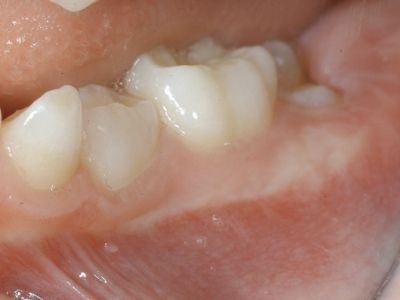
What to expect when these teeth come in!
When your child’s molars get close to breaking the surface of their gum line, they may experience gum discomfort for up to about a week.
Most of the time, the new tooth will appear without complications. However, sometimes an infection may occur. If you notice white pus around the tooth, irritation that lasts more than about a week, or if your child has a fever, visit a doctor.
As the 6 year old molar is a permanent tooth, it is important to ensure good oral hygiene habits are formed (eg. brushing and flossing) so that the tooth lasts throughout the child’s lifetime.
Here are some of the most common symptoms you can expect when your child’s 6-year molars are coming in:
- gum inflammation
- headache
- jaw pain
- swelling
- infection
- irritability
- sleep disturbances
- low-grade fever
- trouble eating solid foods
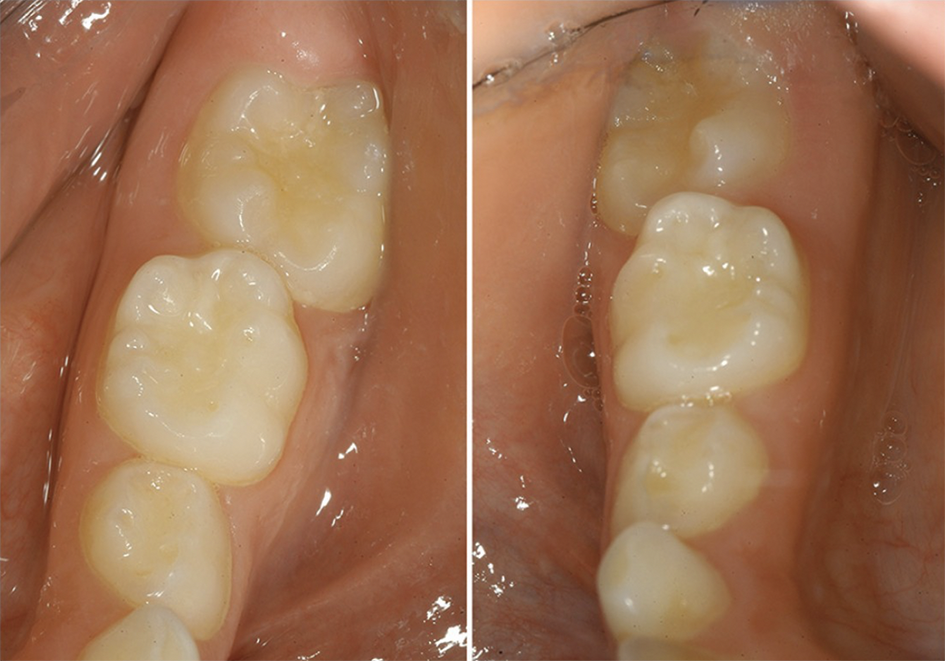
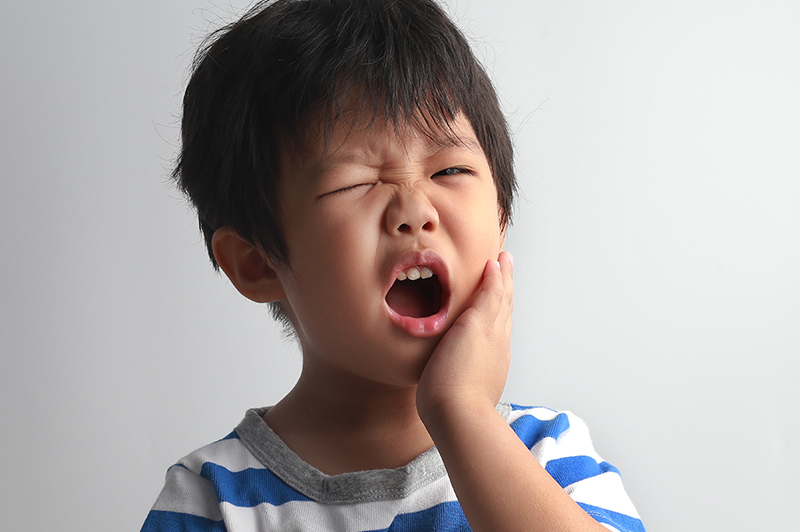
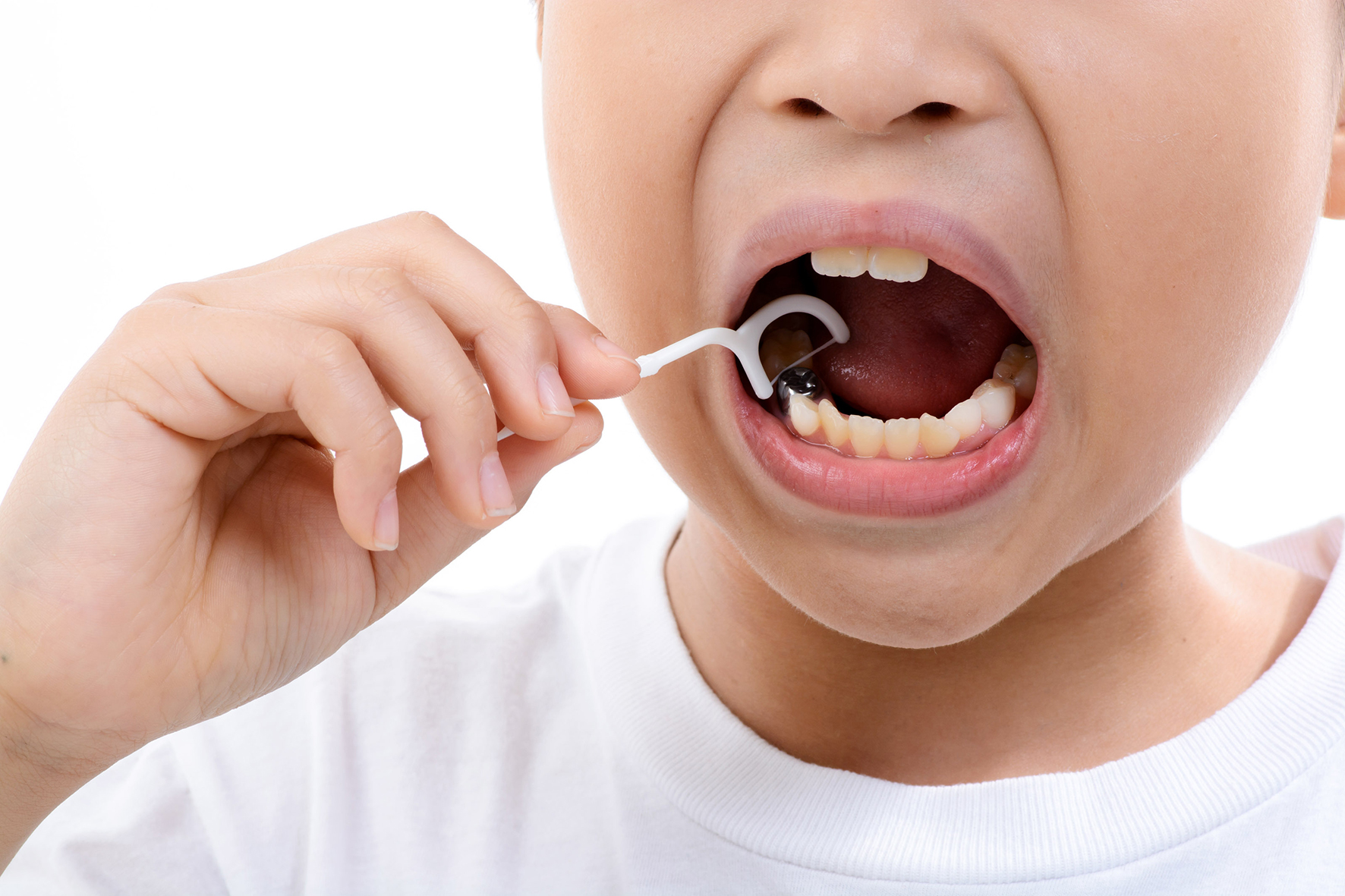

OUR TOP TIPS TO HELP SOOTHE SYMPTOMS:
1. Use a teething gel such as Bonjela
2. Rinse with warm salt water to reduce the inflammation
3. Keep the area clean, as food can get trapped around the tooth and gum which can cause irritation and swelling
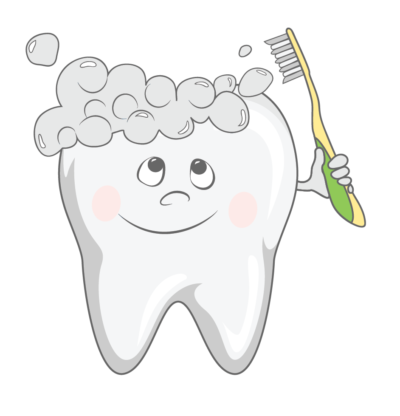
OUR FREQUENTLY ASKED QUESTIONS!
USEFUL DENTAL RESOURCES AND FURTHER READING
This video is a great resource to explain to your child how and when their adult teeth erupt and the process of baby teeth replacing adult teeth.
https://youtu.be/d_CUKWZ1r94
Thanks to our wonderful Oral Health Therapist, Tu-Anh.
She works at the Essendon clinic.
If you would like to talk to her or any of our amazing team, about this or any other questions you may have, please contact us on 03 9372 8960.

